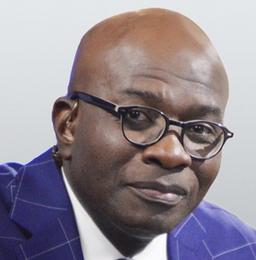Commentary
We celebrate our heroes for the sacrifices they have made, but few receive the heights and acclaim as the late Rev. Dr. Martin L. King Jr. Often on social media, and during various news programs, people quote him, specifically on judging people by the content of their character. This is perhaps his most quoted remark from his famous “I have a dream speech” delivered 60 years ago on the steps of the Lincoln Memorial.





